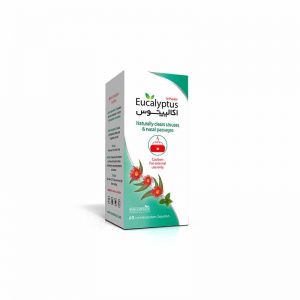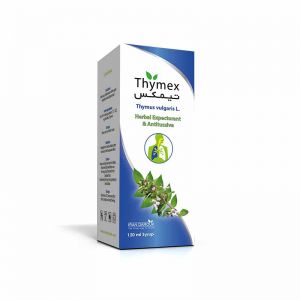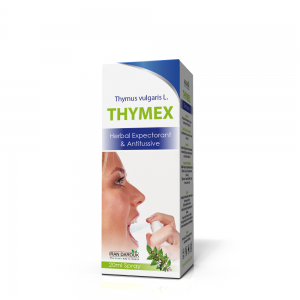
The human respiratory system is a series of organs responsible for taking in oxygen and expelling carbon dioxide. The primary organs of the respiratory system are lungs, which carry out this exchange of gases as we breathe.
As we breathe, oxygen enters the nose or mouth and passes the sinuses, which are hollow spaces in the skull. Sinuses help regulate the temperature and humidity of the air we breathe.
Diseases of the respiratory system
Diseases and conditions of the respiratory system fall into two categories: Viruses such as influenza, bacterial pneumonia and the new enterovirus respiratory virus that has been diagnosed in children; and chronic diseases, such as asthma and chronic obstructive pulmonary disease.
Asthma
Chronic Bronchitis
Nose, sinus, and upper respiratory conditions
Throat conditions
Pneumonia






